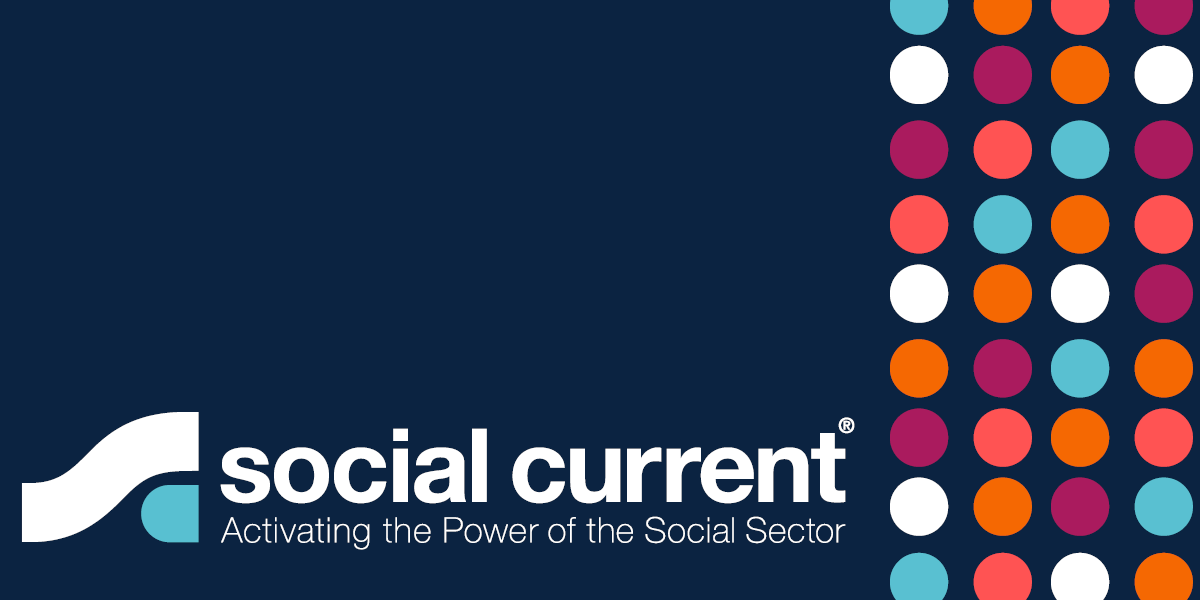Child, Family, and Community Well-Being
Child Abuse Prevention Starts With Strengthening Families
Every April, we recognize National Child Abuse Prevention Month with a goal of focusing on the importance of families and communities working together to prevent child abuse and neglect.
The good news is that we know so much more today about how to prevent child maltreatment fatalities through family strengthening approaches. Groundbreaking research from Chapin Hall at the University of Chicago found a direct correlation between providing concrete, economic supports to families and a subsequent reduction in child welfare system involvement.
Interestingly, many of these lessons grew out of data and learnings from the COVID-19 pandemic, when child maltreatment injuries and deaths did not increase, despite the numbers of children who were at home with their families and seen less frequently by mandated reporters, such as teachers. Researchers credit federal policies, such as the American Rescue Plan Act of 2021 and the expanded Child Tax Credit, for helping parents and families weather the storm, demonstrating that when families have access to enhanced protective factors and basic needs, like housing, food and child care, risk factors for child abuse and neglect decrease.
Just last year the Center for the Study of Social Policy released its newest guidance on protective factors in the report, Expanding the Perspectives and Research Foundation for the Strengthening Families & Youth Thrive Frameworks. They updated core definitions for protective factors to include the role of individual, relational, community, or societal factors on parental resilience. They note that the work is intended to respond to an urgent need in the fields of child maltreatment prevention and youth services to shift from a primary goal of identifying risk factors and “fixing problems” to elevating the goal of building attributes, relationships, knowledge, skills, and resources that maximize the potential of children, youth, and families.
Neglect, which is a factor in the majority of families involved with child protective services (CPS), is often falsely linked to poverty. As we learned during the COVID-19 pandemic, all families can experience temporary economic shocks, such as a job loss or health issues. These events can lead to or exacerbate substance abuse, mental health challenges, domestic violence, and other family stressors such that they become crises. Historically, the U.S. has responded to these needs with CPS involvement and family separation, but by focusing on protective factors and supports, families can weather the storm, meaning more families are able to keep their children safely in their homes.
As Dr. Jerry Milner, former associate commissioner of the U.S. Children’s Bureau noted: “Poverty is a risk factor for neglect, but poverty does not equate to neglect. The presence of poverty alone does not mean a child is unsafe, unloved, or that a parent lacks the capacity to care for his or her child. … We must be resoundingly clear that a child should never be removed from his or her family due to poverty alone.”
We know that neglect is the most reported form of child maltreatment, and it can have long-term effects on children’s health and development. But we also know that child neglect is more likely in families that are experiencing an overload of stress. The weight of poverty, especially, can overload parents’ abilities to provide the supportive relationships children need.
It is time to reframe the conversation around child welfare and acknowledge the impact of poverty on families. Child welfare systems and community stakeholders must be incentivized to look deeper into economic challenges that reflect a lack of resources for families rather than simply labeling them as flawed families.
It is never too late to shift our focus to family strengthening policies, like those articulated in Social Current’s Policy, Education, and Communications Toolkit, that highlight and acknowledge the positive impacts of economic support programs on our social service systems. Our nation’s child and family well-being will be the better for it.



